A customized approach to prep school academics can turn struggle into success
When it comes to helping students reach their potential during the secondary education years, one size does not fit all. Many students benefit from the guidance of a trusted, skilled instructor to help them recognize their strengths and secure the tools and strategies to develop their abilities as curious, independent learners.
While researching schools, check out their programming for students who seek extra assistance juggling busy schedules, completing daunting homework and tests.
Academic support requires a multi-faceted approach – not just one-subject tutoring or cramming for a test. Here are a seven factors to look for in a quality program.
1. Trained counselors with experience in academic support
While teachers and administrators can help spot issues, experienced academic support specialists are key to assessing students’ learning needs and leading a coordinated effort to help them reach their goals.
Cheshire Academy’s signature Roxbury Academic Support Program includes a director and a dedicated staff of master’s-level instructors. With professional experience in education at the secondary and post-secondary level, they are skilled in meeting a range of learning needs and developing confident, independent learners.
2. Research-based practices that work across content areas
Academic coaching aims to help students in becoming more effective learners now and in the future. Skilled coaches can address a student’s current issues and anticipate future needs, teaching strategies for learning, not just content for a specific class.
The Roxbury Academic Support Program uses a robust theoretical framework and research-based practices in line with Cheshire Academy’s mission to meet students where they are. It recognizes the range of students in each grade level and offers tools to support their growth across the curriculum. From an initial cognitive assessment through weekly one-on-one meetings, the student enjoys the benefits of proven methods and programming with an emphasis on developing self-awareness through individualized instruction.
3. A focus on executive functioning
Executive functioning skills are processes that allow students to organize, integrate, and manage their behaviors to reach goals. Once learned they can work wonders, helping a student keep on track, whether they are struggling academically or trying to juggle a full calendar of activities.
Cheshire’s Roxbury instructors advise students on techniques for time management, establishing routines, organizing papers and breaking down class work into manageable chunks. Students become more productive and successful at completing work well and on time, building confidence.
4. One-on-one mentoring
One-on-one mentoring is a key component to success. Building a supportive relationship between student and coach fosters a customized approach, trust, and deeper understanding of goals.
At Cheshire, the student-instructor relationship is bolstered by planned sessions – from one to three a week depending on the student’s needs. Sessions help students think more critically and flexibly to solve immediate and long-term issues and address daily academic pressures that might come up unexpectedly and interfere with motivation.
One-on-one sessions develop the critical supportive relationship by:
- Helping students recognize their individual strengths and barriers to success
- Modeling positive communication with teachers
- Encouraging self-advocacy through seeking out clarification and extra help when necessary
- Assisting students in taking advantage of ways to improve grades through corrections and extra credit
5. Feedback for teachers and family
Research shows family involvement is essential in overall school performance at all ages. Communication is important among students, support instructors, teachers, and family.
At Cheshire, Roxbury instructors help students understand feedback from teachers and provide weekly reports on student progress and how well they’re incorporating support strategies. Reports are emailed to families to make sure everyone is on the same page. The ongoing conversation allows for collaboration with teachers, opportunities for in-person, virtual, or phone meetings, and mutually agreed-upon expectations.
6. Goal setting, assessment and monitoring
A strong academic support program will include instructors who review new students’ educational records and use assessment screening to help pinpoint areas for improvement and goals.
The Roxbury Academic Support program builds in time for such assessment and goal setting at the beginning of each year, correcting for progress made in the previous semesters. Such monitoring facilitates student growth by prioritizing specific, achievable goals and action steps and encouraging students to recognize and celebrate their own progress.
7. Celebrating difference
You may have heard that not all students learn the same way. Neurodiversity is the idea that there are many ways in which individuals experience and interact with the world around them.
Cheshire’s signature Roxbury Academic Support Program values human differences, focusing on the strengths that each individual offers, opportunities for growth and how neurodiverse individuals cab enhance the learning environment for all.
Think Cheshire Academy might be for you?
Meet a Cheshire Academy Admission Counselor
Talk to an admission counselor or schedule your tour today! Contact us at admission@cheshireacademy.org or 203-439-7250. We look forward to hearing from you.
Learn More About Cheshire Academy
if (typeof iFrameResize === 'function') { iFrameResize({heightCalculationMethod: 'bodyScroll'}, '.fsSchoolAdminForm') }






